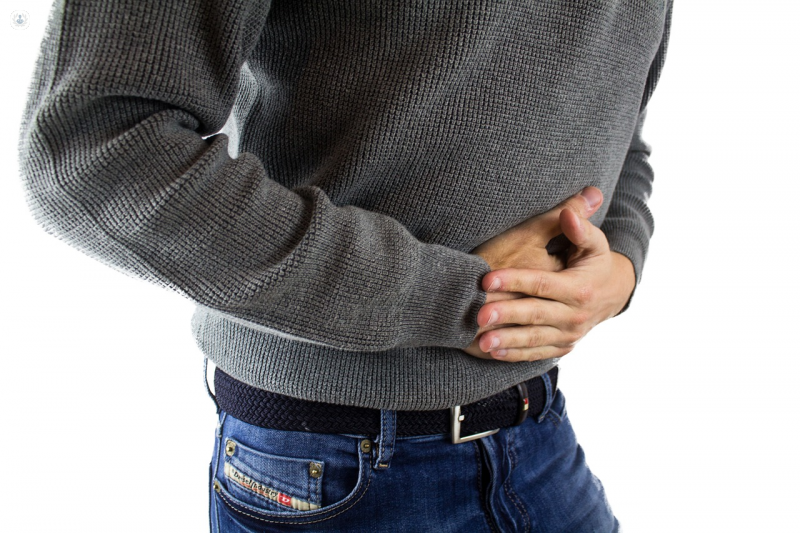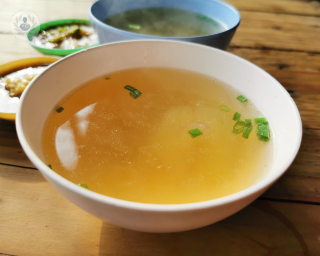Vomiting
Dr Amandeep Singh Grewal - GP (general practitioner)
Created on: 04-22-2013
Updated on: 06-29-2023
Edited by: Conor Dunworth
Vomiting involves the “throwing up” of the contents of your stomach. Rather than a condition in itself, vomiting is a symptom of a wide variety of illnesses.

What can cause vomiting?
There are many conditions which can cause vomiting, so it can be difficult to know for certain. In children, vomiting is commonly a reaction to motion sickness, over-eating, a milk allergy, food poisoning, or viral infection. If you find yourself vomiting after a meal, it could be a result of food poisoning, gastritis, or a stomach ulcer. Vomiting as part of morning sickness occurs in 25-55% of women who are pregnant .
Other things which can cause vomiting include:
- Gallbladder disease
- Intense pain
- Medication
- Concussion
- Having too much alcohol
- Brain tumour
- Norovirus
- Migraine
- Urinary tract infection
How long does vomiting last?
Vomiting shouldn’t last more than 1-2 days and is generally harmless. It’s important to see a GP if you are still experiencing symptoms after 2 days.
It’s important to see a GP if you or your child are still experiencing symptoms after 2 days.
You should also see you’re a doctor if you or your child:
- Are unable to keep fluid down
- Have green or yellow vomit
- Are still dehydrated after using oral hydration sachets (see below)
Finally, take your child to the GP if they have a high temperature (over 38C) or are unable to keep fluid down.
How can vomiting be prevented?
You can reduce your chances of feeling nauseous by eating smaller meals through the day rather than a few large meals, eating slowly, and keeping your head elevated after eating.
If you feel nauseous already you can help by resting in a sitting position and drinking small amounts of liquids, avoiding citric juices like orange juice.
How is vomiting treated?
You can do a lot to treat vomiting yourself and make sure you stay hydrated. It’s important to:
- Get lots of rest
- Drink water or squash in small sips if necessary
- Eat when you feel you can
- Avoid fruit juice or fizzy drinks
If your baby is vomiting, carry on giving them breast or bottle feeds, in smaller but more frequent measures. It can also help to give them small sips of water between feeds.
You might also find it helpful to take a painkiller such as paracetamol or ibuprofen. Don’t give aspirin to children under 16.
If you are still vomiting after 24 hours, a pharmacist might recommend oral rehydration sachets, which you mix with water. The GP may also prescribe medication if vomiting is associated with pregnancy or motion sickness.








